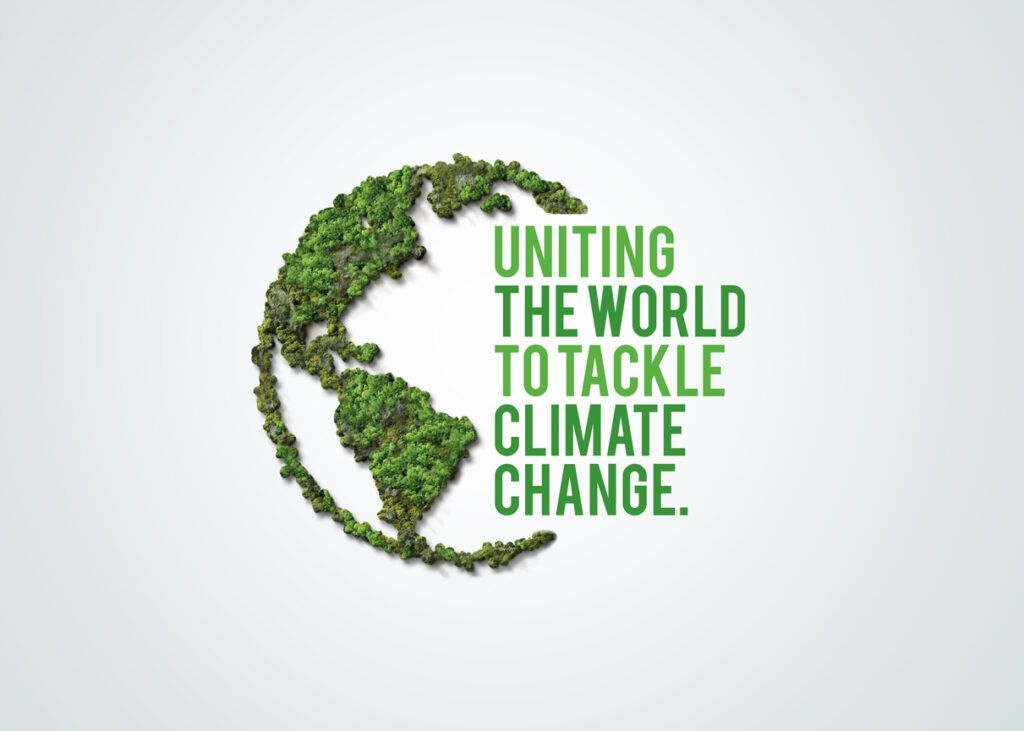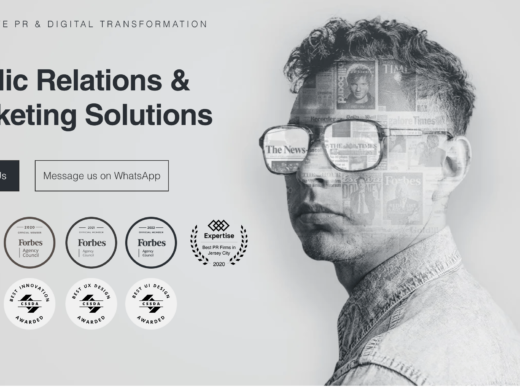Climate change, an existential threat to our planet, demands urgent and coordinated action. While scientific research, technology, and policy play crucial roles in addressing this crisis, the power of words should not be underestimated. Effective communication, driven by the careful choice of language, can be a potent tool in the fight against climate change. In this article, we delve into the significance of words and messaging in the context of climate action, exploring how they can unite diverse audiences, inspire action, and lead to meaningful change.
The Influence of Words: A Hidden Weapon
Words have the capacity to transcend boundaries, making them invaluable in the realm of climate communication. Kaitlyn Barclay, CEO and co-founder at Scout Lab, a creative agency dedicated to “building brands that advance humanity forward,” emphasizes the critical role of words in addressing climate change. She asserts that every communication professional must be meticulous in their choice of words, recognizing the profound impact they can have on individuals and communities.
Three Pillars of Effective Environmental Communication
Barclay highlights three essential pillars for successful environmental communication:
1. Trusted Messengers:
- Before crafting specific messages, it is crucial to understand the diverse audiences receiving them. Different groups, including those with varying political affiliations, respond differently to climate-related terminology. Effective climate communication transcends political boundaries, recognizing that issues like hurricanes and forest fires affect everyone. It is essential to engage and unify communities, regardless of their initial inclinations.
2. Do Over Doom:
- The overwhelming coverage of climate-related disasters can lead to despair and inaction, particularly among young people. Communicators face the challenge of providing concrete definitions, human interest stories, and real-life applications that highlight solutions rather than solely focusing on the problems. The phrase “do over doom” encapsulates this approach, emphasizing the importance of empowering individuals to act and shape a better future.
3. Me Before We:
- Recognizing human nature’s inherent self-centeredness, successful climate campaigns prioritize individual needs before addressing collective concerns. Consumers must perceive a personal benefit from climate-conscious choices. By emphasizing how sustainable products or practices enhance their lives, communicators can capture attention and inspire action.
The Role of Local Messengers
Effective climate communication not only relies on the choice of words but also on who delivers the message to specific communities. Local messengers, such as media, faith leaders, and community organizers, play a crucial role in conveying climate-related information authentically. Their ability to connect with audiences on a personal level enhances the credibility and impact of the message.
Avoiding Fear-Mongering
While it is essential to acknowledge the severity of climate change, fear-based marketing or fear mongering is counterproductive. Such approaches can lead to apathy and inaction rather than mobilization. Communicators must provide solutions alongside facts, encouraging individuals to take positive steps toward addressing the issue.
Prioritizing Sustainability Across Industries
As climate change becomes an increasingly central concern, sustainability and climate action are set to permeate various industries. Communicators and businesses must integrate climate and energy considerations into their long-term growth strategies. Sustainability should not be relegated to mere policy discussions; instead, it should be seamlessly integrated into product offerings and services.
A Bright Future Fueled by Words
In the face of climate change, words are far from ordinary. They are potent tools that can transcend political divides, inspire hope, and drive meaningful action. As individuals, communities, and businesses come together to combat climate change, effective communication will play a pivotal role in shaping a sustainable future. Embracing the power of words, we can embark on a journey toward planetary health and a brighter future for all.
As sustainability and climate action become integral to business strategies, the conversation shifts from the presence of ESG policies to the quality of products and services that genuinely contribute to planetary health. The future holds promise, and the journey toward a sustainable world is an exciting one, driven by the transformative power of words.















